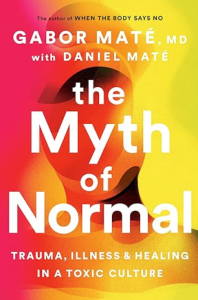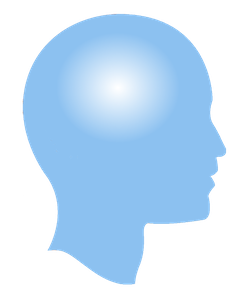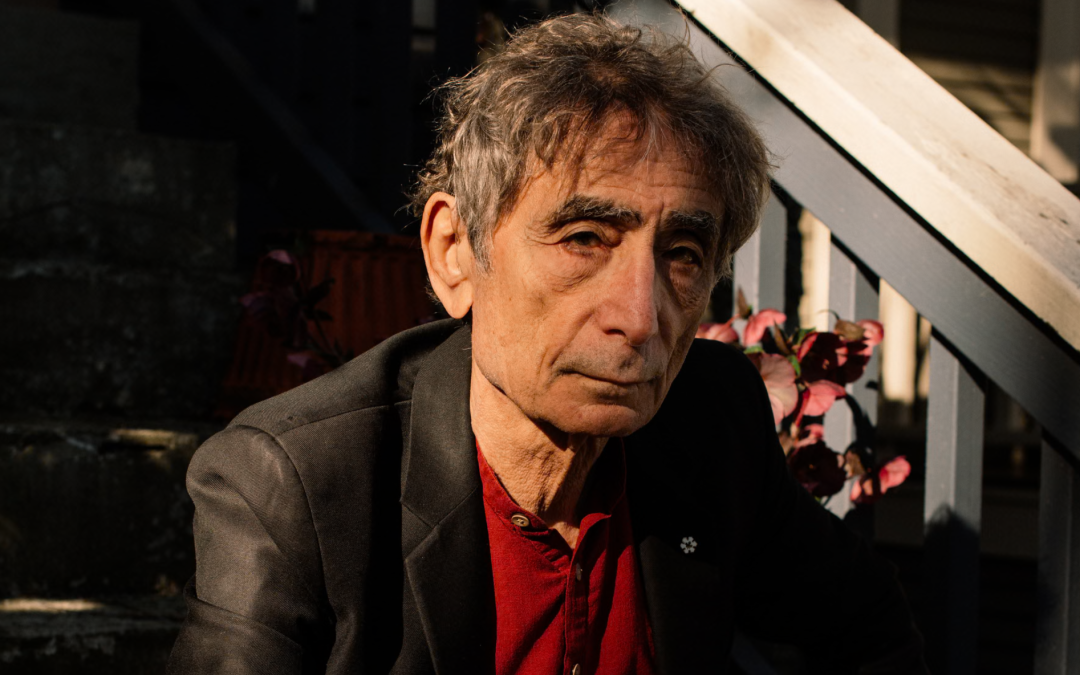Gabor Maté CM is a Hungarian-born Canadian physician. He has a background in family practice and a special interest in childhood development, trauma, and potential lifelong impacts on physical and mental health, including autoimmune disease, cancer, attention deficit hyperactivity disorder, and addictions. He is the author of several best selling books.
In The Myth of Normal, co-written with his son Daniel, Maté brings his perspective to the great untangling of common myths about what makes us sick, connects the dots between the maladies of individuals and the declining soundness of society, and offers a compassionate guide for health and healing. The result is Maté’s most ambitious and urgent book yet.
The fundamental message of Gabor Maté’s latest book, The Myth of Normal, is that the culture we are living in is toxic to human wellbeing.
It is my contention that by its very nature our social and economic culture generates chronic stressors that undermine well-being in the most serious of ways, as they have done with increasing force over the past several decades.
…to meet modern society’s criteria for normality is, in many ways, to conform to requirements that are profoundly abnormal in regard to our Nature-given needs—which is to say, unhealthy and harmful on the physiological, mental, and even spiritual levels.
He indicates that the health, or lack thereof, of individuals is related to the degree to which the interdependent nature of their existence is recognized in our society and informs the life choices of individuals.
…health and illness are not random states in a particular body or body part. They are, in fact, an expression of an entire life lived, one that cannot, in turn, be understood in isolation: it is influenced by—or better yet, it arises from—a web of circumstances, relationships, events, and experiences.
As claimed in The Hopeful Mindset, Maté agrees that our well being is related to our beliefs about ourselves and the world we inhabit. He also agrees our needs are nonnegotiable.
I will show how our physical and mental health is intricately interwoven with how we feel, what we perceive or believe about ourselves and the world, and the ways that life does or does not satisfy our nonnegotiable human needs.
The Hopeful Mindset argues that how we go about meeting our needs is dependent on our beliefs about the nature of human beings, the nature of the world, and the nature of the relationships between the two.
Maté refers to the Buddha’s advice for recognizing the interconnectedness of all things: “Contemplate all of the conditions necessary for the existence of a leaf or a raindrop.”
Modern society is weakening our [awareness of] connections to one another and to the environment. We are becoming more and more isolated from the things we need to meet our needs.
Policymakers and community leaders need to be taught that economic and social disparities, insecurities, and stresses, as well as racial or ethnic inequalities, inevitably result in health problems and vastly increased health costs. In truth, almost all diseases are social diseases.
The Hopeful Mindset contends that the weakening of connections or, indeed the widespread ignorance of our vital connections to one another and the environment, is due to The Independent Mindset’s belief in the separate existence of people and things. Maté refers to the result of this view as our toxic culture.
“What if our intention, as parents, as educators, as a society, was to raise children in touch with their feelings, authentically empowered to express them, to think independently and be prepared to act on behalf of their principles?”
With the phrase “to act on behalf of their principles” Maté is advocating living according to one’s values. He is not specific about the values one should subscribe to but everything he discusses in the book indicates his support for the values of The Hopeful Mindset.
In discussing the toxicity of our culture and its roots in the disconnection of human beings from the interdependent web of life he is, in effect, advocating for the adoption of The Hopeful Mindset in which interdependence is recognized as the way lifeforms live healthy lives. The values of The Hopeful Mindset align with Gabor Maté’s ideas about what is needed in a culture for it to support the wellbeing of humans, other lifeforms, and the environment.

